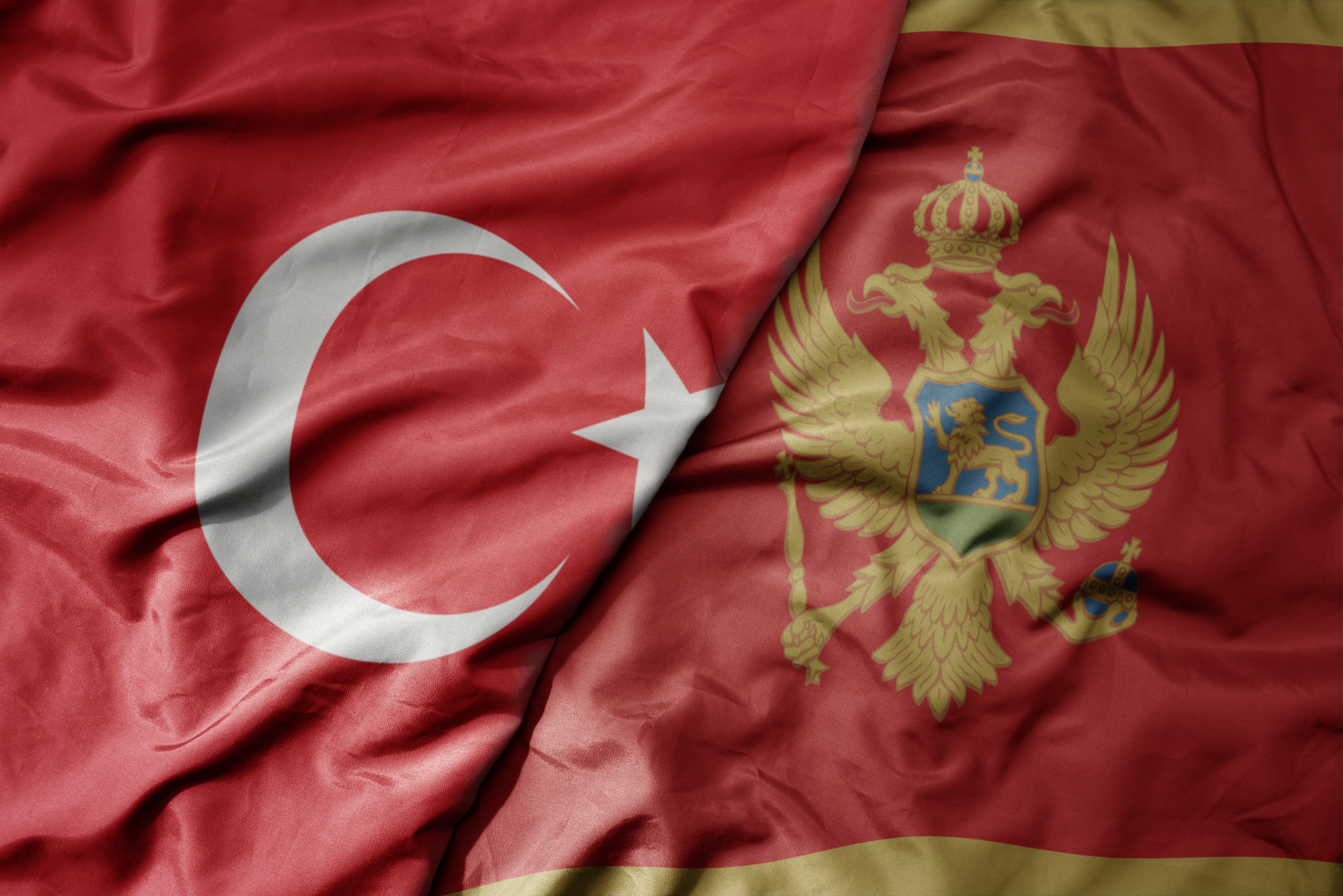

When a state mistakes hysteria for governance, even visas become instruments of impotence.
The recent “Turks Case” in Montenegro revealed something extraordinary: that absurdity can, in fact, be state policy. Overnight, the government imposed visas on Turkish citizens, and, in principle, aligning with European policy is a legitimate and necessary step. In practice, however, doing it overnight, as a knee-jerk reaction to an unrelated crime committed not even by Turks but by Azerbaijanis, was reckless, short-sighted, and humiliating. A masterclass in how to turn a bureaucratic adjustment into a geopolitical insult.
It turns out you can detain foreign nationals who weren’t even at the scene of the incident. That you can vandalize someone’s business simply because they come from the same country as the alleged perpetrators, even when that person has done nothing but serve coffee and smile politely. You can chant “Turks out!” in the streets while government officials look the other way, pretending that hatred is just another form of free expression.
You can even have a member of parliament lead a crusade against Turkey, armed with zero evidence and a head full of conspiracy theories, solemnly warning that “the Turks will attack Serbia”, because, of course, that’s what Turks always do in the nationalist imagination.
And then there’s Glovo. Yes, even food delivery services have fallen victim to hysteria. Delivery drivers reportedly can’t deliver from certain restaurants because owners don’t want their customers “coming into contact with Turks.” In 2025 Montenegro, xenophobia isn’t whispered, it’s operationalized. It’s part of the logistics.
Amid this carnival of absurdity, the Prime Minister congratulated the security sector for being “up to the task.” A curious definition of success, given that the “task” seems to have been panic, paralysis, and moral collapse.
This entire episode exposed more than just administrative incompetence; it revealed a systemic fragility at the heart of the state. Instead of calm, professional crisis management, Montenegro delivered impulsive reaction and institutional confusion. Overnight visa rules. Arbitrary detentions. A deafening silence in the face of open hate speech. These aren’t acts of governance, they’re acts of impotence.
By failing to distinguish between individual guilt and collective identity, Montenegro managed to alienate a friendly nation, inflame domestic tensions, and empower its loudest bigots, all in one move. The message was simple: act first, think later.
And this is hardly a new phenomenon. For years, we’ve watched the glorification of war criminals, the return of nationalist chants, and the quiet tolerance of threats against minorities. When the Prime Minister dismisses the public celebration of Chetnik commanders as a “village issue,” he doesn’t neutralize hatred, he normalizes it. He turns extremism into background noise.
That normalization breeds permission. It creates a space where shouting “Kill the Turk” or smashing a Turkish-owned business feels righteous, even patriotic. Where restaurants can declare themselves “Turk-free zones”, and everyone else just shrugs.
All this in a country that claims to be on a European path. A country aligning visa regimes with Brussels while tolerating street-level fascism at home. The irony would be funny if it weren’t tragic.
Yes, a few perpetrators have been arrested. But that’s not justice; it’s crisis management. The deeper rot remains, institutional cowardice, political opportunism, and moral apathy. When leaders refuse to call hate by its name, hate grows confident.
Of course, Montenegro isn’t alone. Across the world, the far-right is resurgent, populism thrives, and the vocabulary of violence has re-entered public life. But in a small, fragile, and deeply divided country like Montenegro, these trends carry a heavier price. They erode trust. They dismantle safety. They mock the very idea of a civic, multiethnic society.
It’s time – long past time – for institutions to wake up. For leaders to act not out of fear, but out of conviction. For citizens to stop watching passively while their country trades decency for demagoguery.
Because when a state seals itself off from reason, it always lets hatred in.